Lack of early preparation
A soccer player usually retires at the age of 34-35, a gymnast may only compete until the age of 25, and a weightlifter or swimmer rarely lasts longer than 32. Compared to the working age of 35-40 years, the peak of sports is really too short. After leaving the mat and training ground, many athletes fall into a career void, lose direction, and even suffer a mental crisis.
In the past, many athletes had to juggle unstable jobs after hanging up their boots and gloves. Some became amateur coaches, others turned to small businesses, technology drivers, or manual labor to make ends meet. Of course, there were also some athletes who were truly successful after retiring. Like the story recently shared by former gymnast Pham Phuoc Hung at the 2025 Career Orientation Workshop for Athletes, organized by the Vietnam Sports Administration, the Vietnam Olympic Committee, and related units.
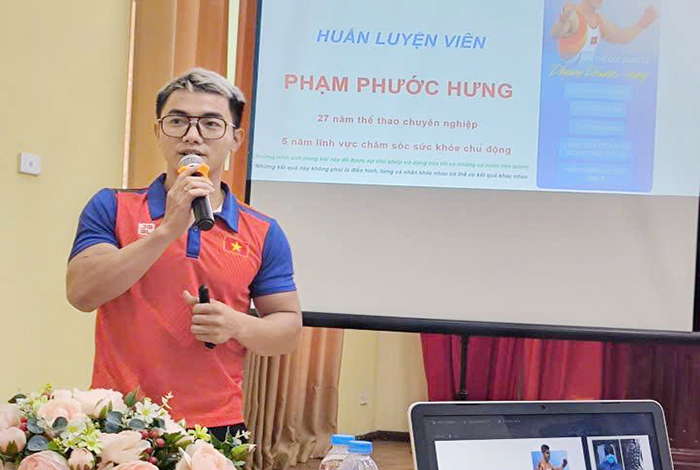
In his sharing, Pham Phuoc Hung said that he used to be a gymnastics coach. However, when he decided to change his career to become a nutrition coach and trampoline instructor, he focused on doing it and is achieving many successes. Even swimmer Nguyen Thi Anh Vien is considered a successful model after retiring. Participating in community activities and teaching swimming has helped her have a stable life and, more importantly, she is still able to live on her passion. Or there are some athletes who have become famous when switching to the field of media and sports commentary, thanks to their deep professional knowledge and communication skills. In Hanoi , some athletes in track and field, table tennis, and wushu have become physical education teachers in schools after retiring, both stabilizing their lives and contributing to the development of the movement.
In fact, there are not many successful examples of career change after retirement, showing a big gap in career guidance for athletes.
The main reason is that most athletes today are not properly prepared for a second career. In many localities, athlete training focuses mainly on sports expertise, with little attention paid to equipping them with professional skills or social knowledge. Many students start their sports career at a very early age, stopping their cultural studies at high school, so they later face difficulties when they want to switch to another career.
A lack of qualifications and soft skills makes it difficult for athletes to compete in the job market. They often have strengths in health, discipline, and a spirit of overcoming difficulties – factors that are very valuable in many professions – but if not oriented early, this potential can easily be wasted.
Also at the above seminar, Vice President of the Vietnam Kickboxing Federation Le Thi Nga frankly pointed out that many Vietnamese athletes, although brave on the stage, are quite shy in daily communication. Ms. Nga acknowledged that the athletes once wore the national flag and brought glory to the country. Therefore, when entering life, be confident and apply the spirit of professionalism and discipline from the training and competition process to be ready for the new job.
Initial efforts
In recent years, the Vietnam Sports Administration, the Vietnam Olympic Committee, and a number of localities and units have paid more attention to career guidance for athletes. Career guidance seminars for athletes at national sports training locations have also been held regularly.
Some training centers have integrated short-term vocational training courses, taught IT skills, foreign languages, or collaborated with vocational schools to issue certificates to athletes. Some businesses and universities have also joined in, opening suitable job opportunities for athletes after they retire.
Director Nguyen Danh Hoang Viet emphasized in early August that in recent times, the Sports and Physical Training Department has been actively seeking partners to provide scholarships and job opportunities for athletes, specifically: Signing cooperation agreements with the University of Economics under the Vietnam National University, Hanoi,FPT University, Dai Nam University... on training bachelors and masters, especially for athletes with excellent achievements. However, training, career guidance, and career change for athletes after finishing competition still face difficulties because the athletes' educational level is not suitable for most other professions in society.
Therefore, career orientation seminars will provide information, knowledge and skills about starting a business to help athletes be confident and creative in proactively finding jobs and creating their own jobs after stopping competing at the highest level.
Also during this time, the draft Decree replacing Decree No. 152/2018/ND-CP dated November 7, 2018 of the Government is being discussed and consulted. In addition to familiar contents such as salary, nutrition, and performance-based rewards, this draft emphasizes long-term care for athletes - a group of people who are likely to fall into unemployment after retirement.
According to the draft, athletes and coaches of national sports teams who have graduated from high school and have been confirmed by the Ministry of Culture, Sports and Tourism to have completed their tasks of participating in the Olympic Games, World Championships, World Cups, ASIADs, Asian Championships, Asian Cups, SEA Games, Southeast Asian Championships, and Southeast Asian Cups will enjoy incentives.
Including direct admission to physical education or physical education majors of universities and colleges; sending to participate in coach training courses, participating in training and advanced training in domestic and foreign professional qualifications; having the management agency or the employing agency pay for training and advanced training costs or being exempted or reduced from tuition fees, and receiving support for study costs according to the provisions of law.
Regarding post-retirement solutions, athletes who have the need and meet the conditions will be supported with vocational training and job placement according to Decree 61/2015/ND-CP on job creation support policies and the National Employment Fund.
Of course, to solve the fundamental problem, career guidance for athletes requires the synchronous coordination of many parties. In particular, sports talent schools and training centers need to have flexible training programs, combining cultural studies and training. On the side of sports federations, it is possible to build a job support fund, creating a bridge between athletes and businesses. Businesses accompanying sports do not stop at sponsoring tournaments, but can also accept athletes to work, taking advantage of youth, discipline, and the ability to withstand pressure - which are very valuable qualities of people who have practiced top sports.
A sustainable sport is not only measured by the number of medals, but also by how society cares for athletes after the spotlight. If athletes are assured that they have a stable career path after retirement, they will devote themselves more fully during their peak period. At the same time, doing a good job of career guidance will encourage children to boldly pursue a sports career.
Open mechanism of Hanoi sports
According to the regulations on some special attraction and treatment regimes for athletes and coaches with high achievements of Hanoi city, applied from January 1, 2024, the job creation subsidy regime applies to athletes who have achieved achievements from Gold Medal at the National Sports Festival or higher and have trained and competed for Hanoi sports for 5 years or more, and are assessed by the agency using the athlete to no longer be able to compete in sports. The support level ranges from 30 million VND to 120 million VND depending on the athlete's achievements. (Minh Khue)
Source: https://cand.com.vn/the-thao/huong-nghiep-cho-van-dong-vien-sau-giai-nghe-hanh-trinh-can-su-dong-hanh-i778748/



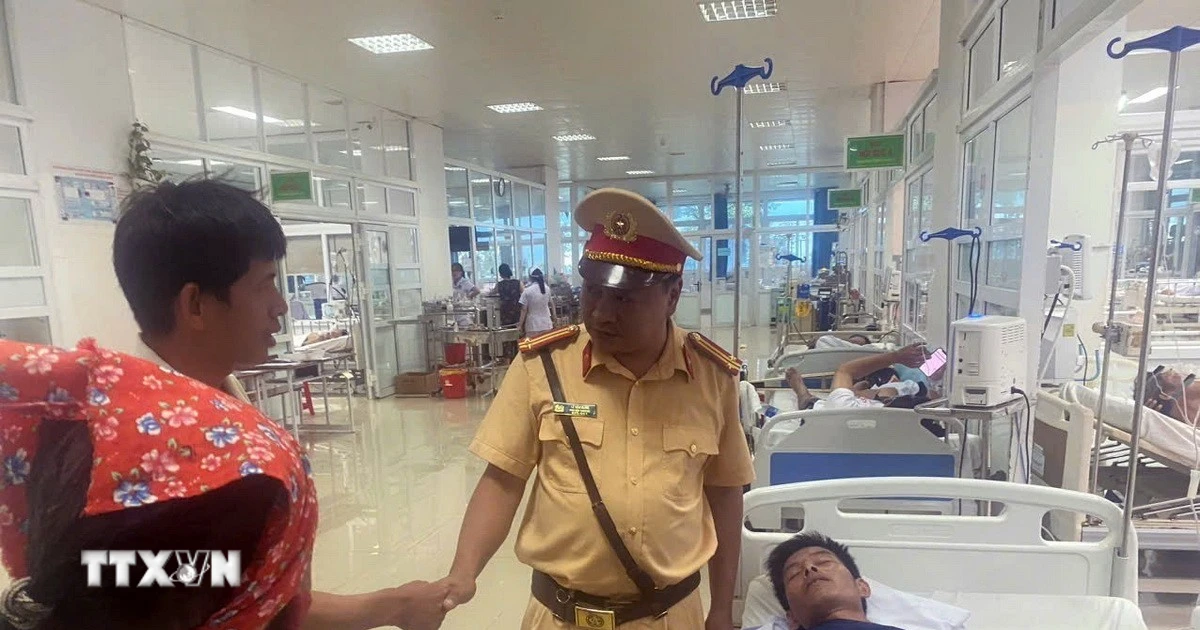
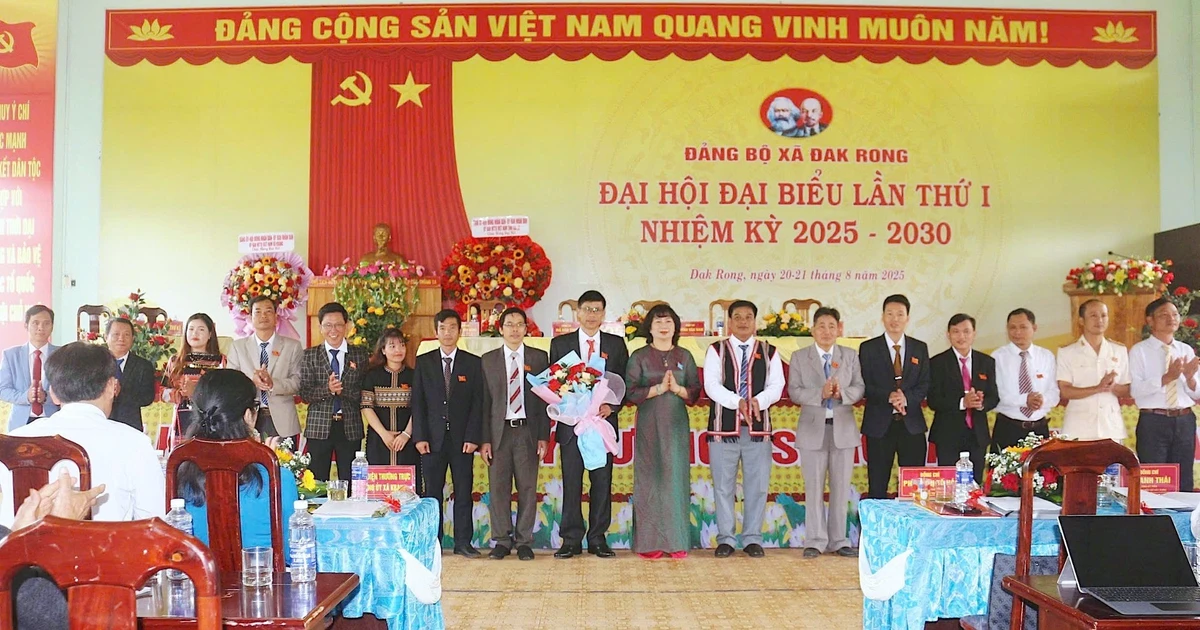
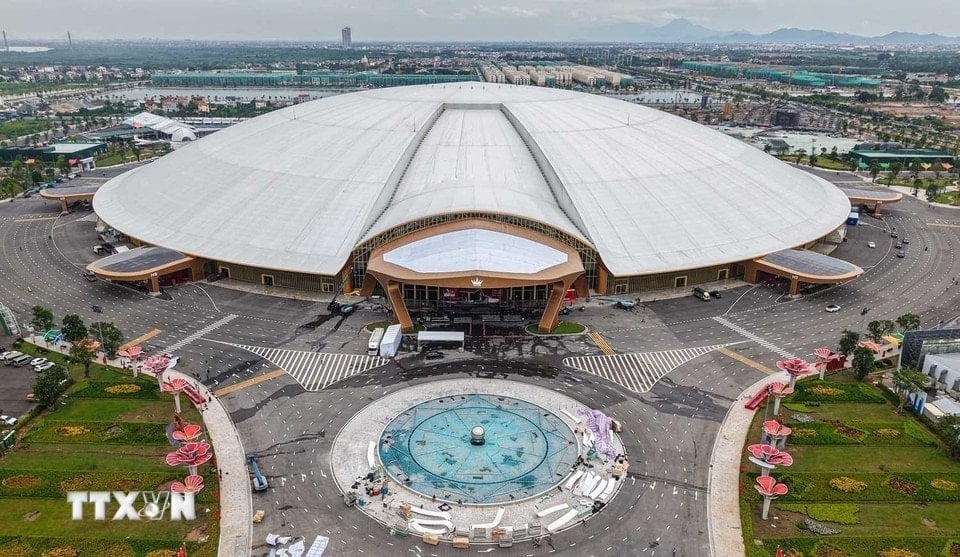
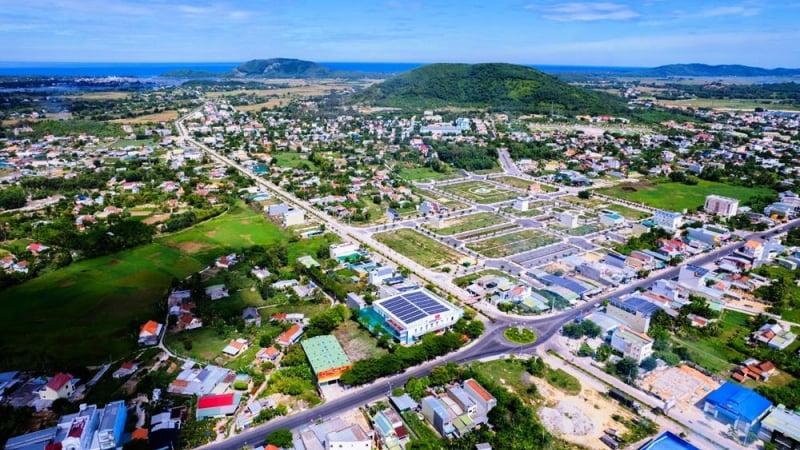
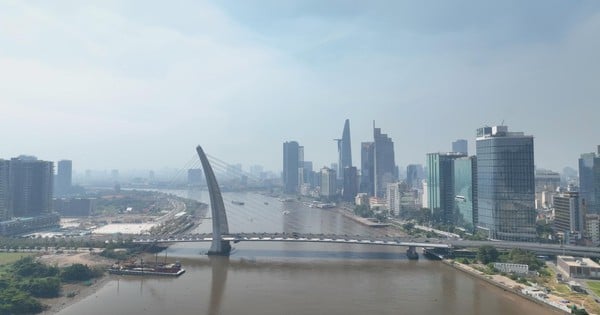
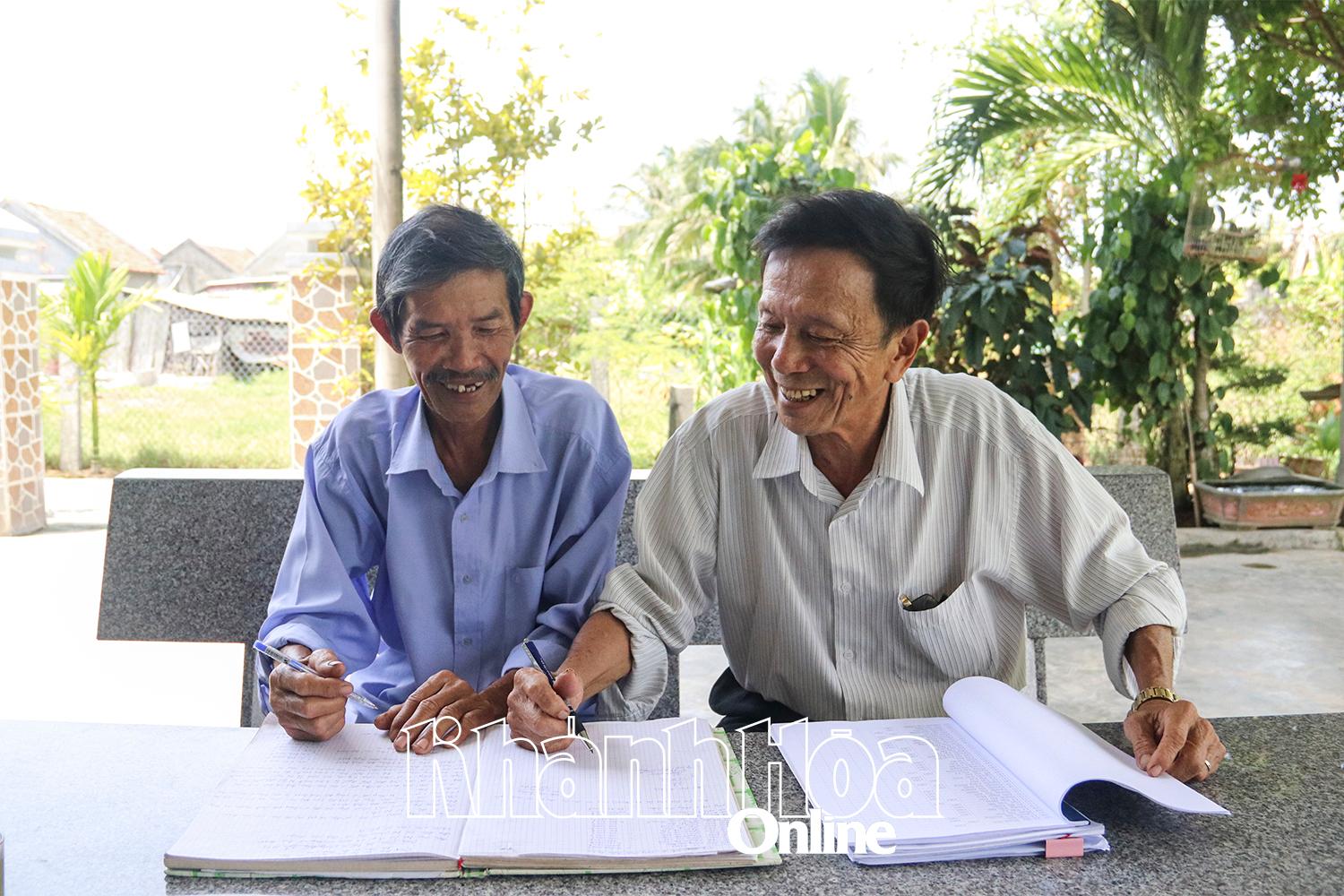
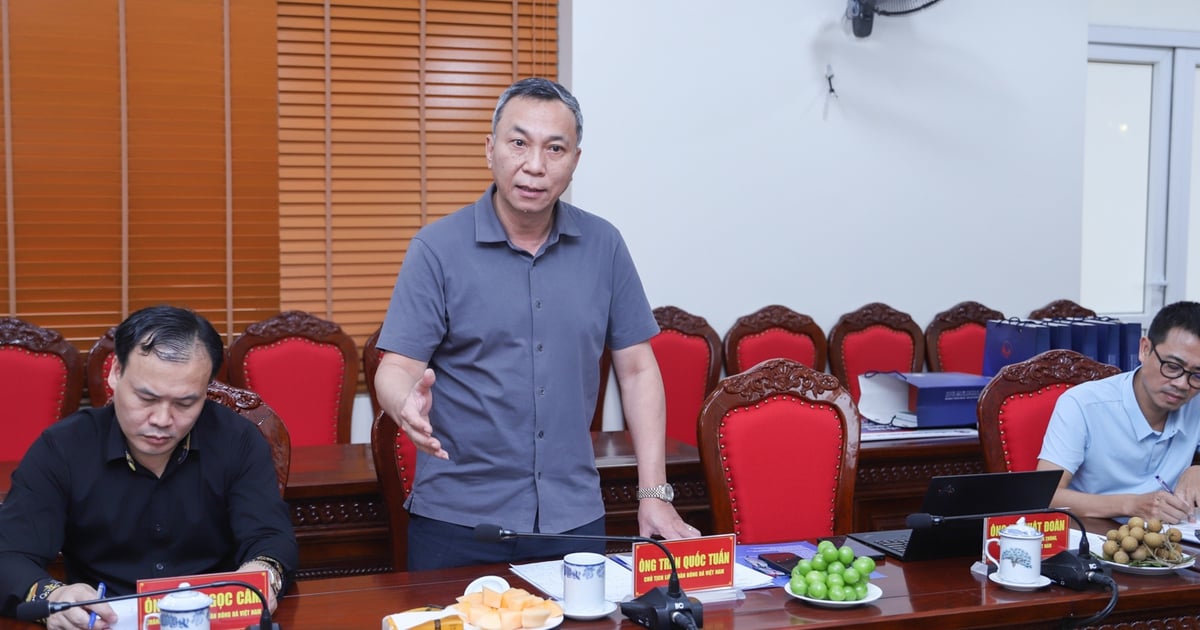
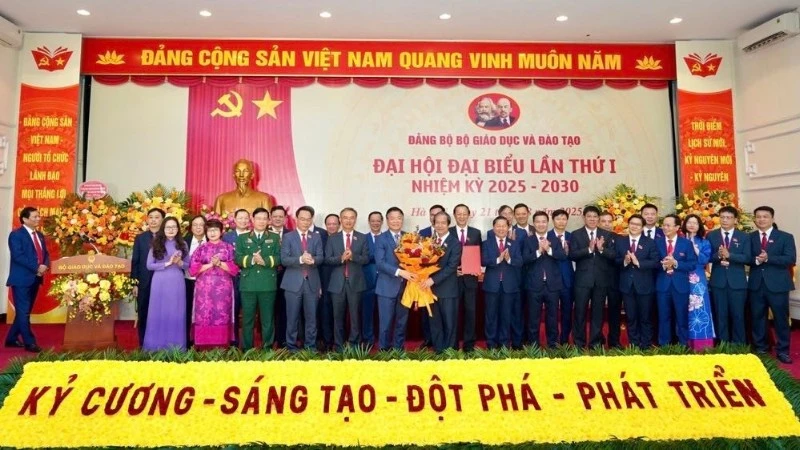
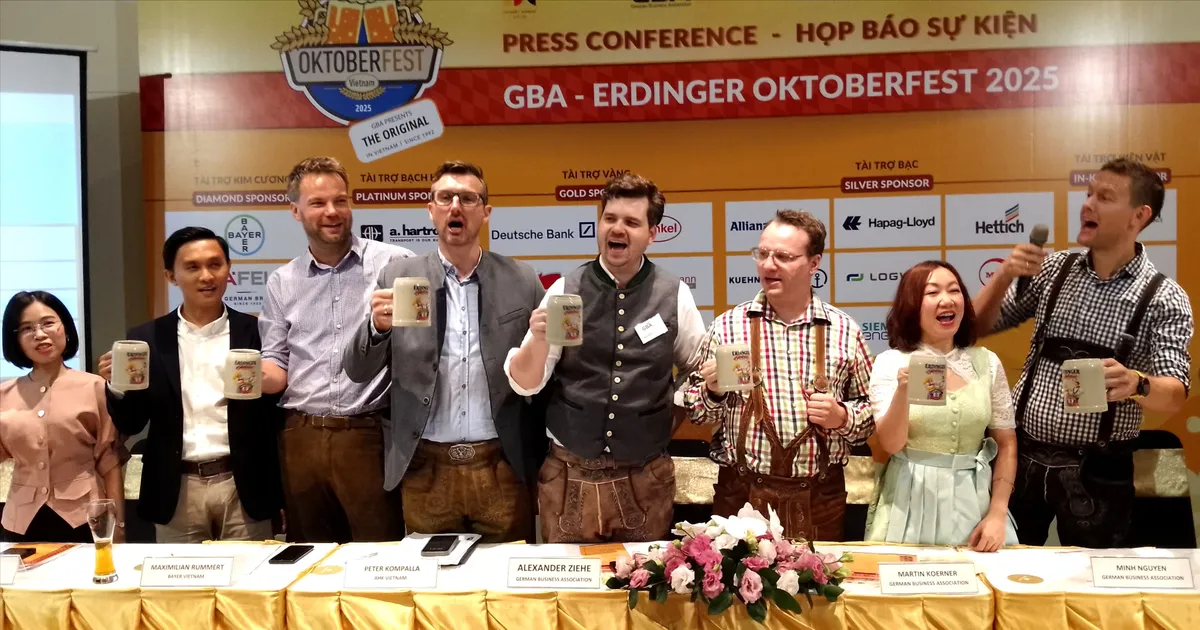
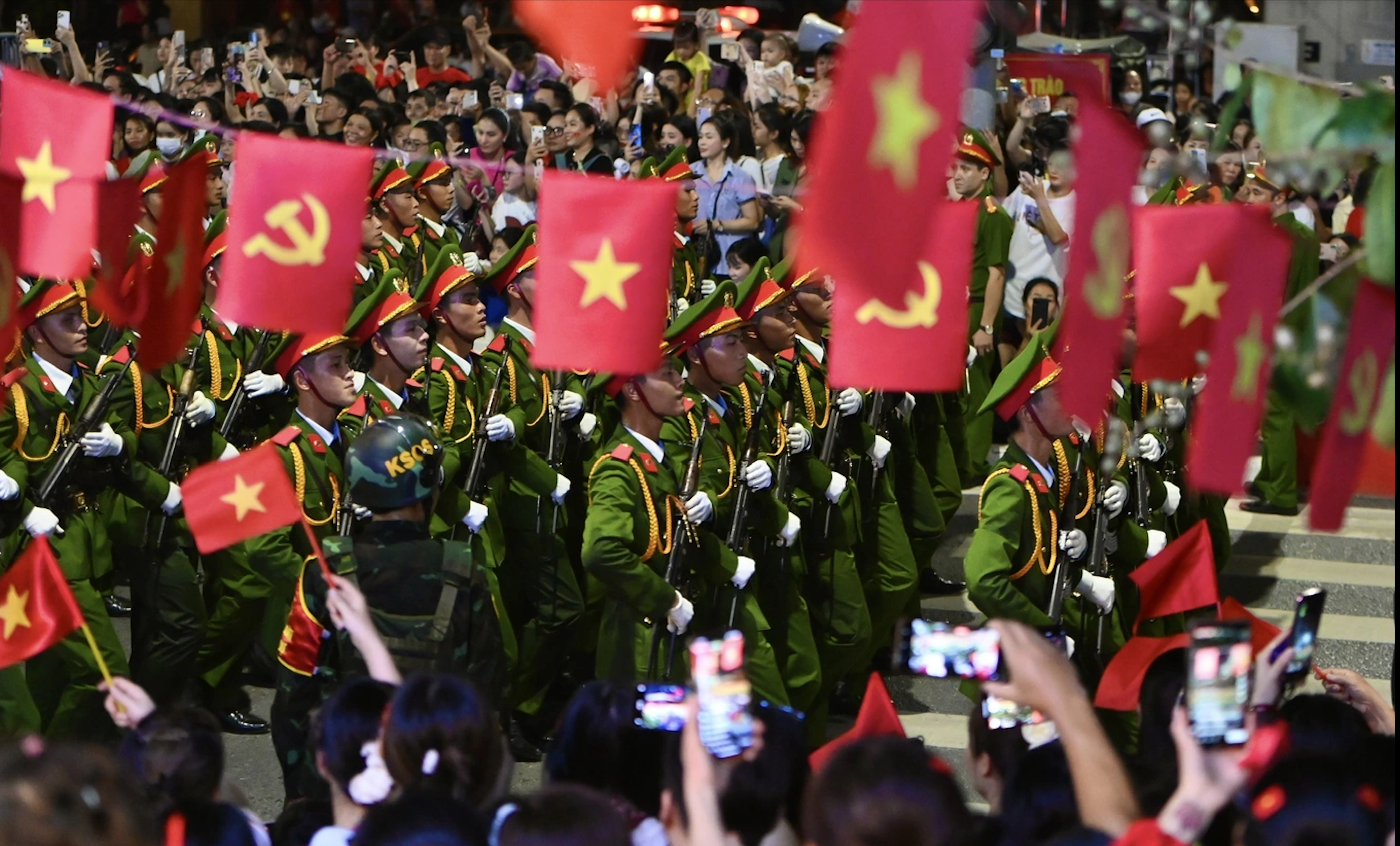











![[Photo] An Phu intersection project connecting Ho Chi Minh City-Long Thanh-Dau Giay expressway behind schedule](https://vstatic.vietnam.vn/vietnam/resource/IMAGE/2025/8/21/1ad80e9dd8944150bb72e6c49ecc7e08)


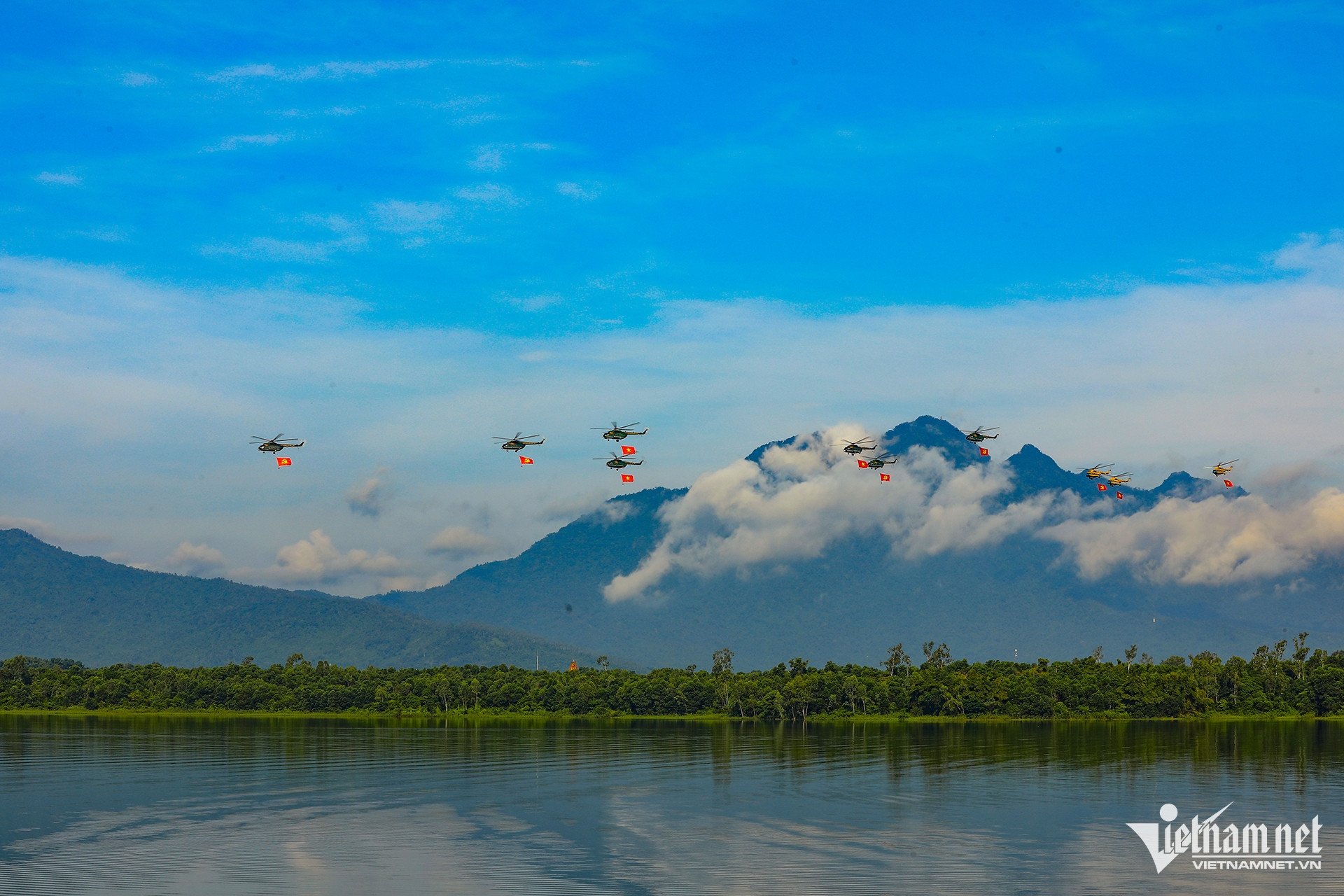



































![[Photo] Politburo works with the Standing Committee of Hanoi Party Committee and Ho Chi Minh City Party Committee](https://vstatic.vietnam.vn/vietnam/resource/IMAGE/2025/8/21/4f3460337a6045e7847d50d38704355d)
































Comment (0)